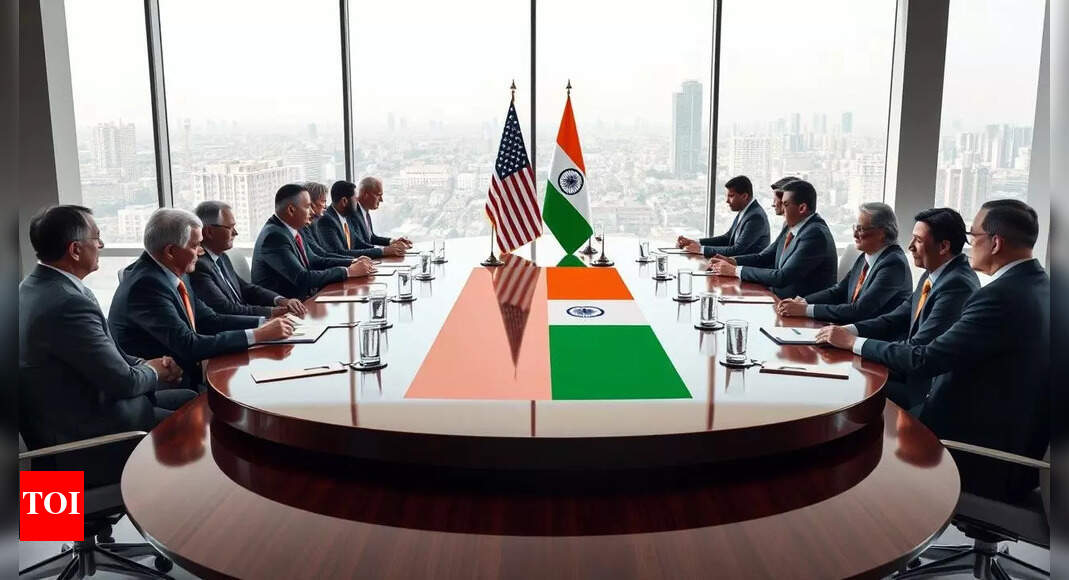Now Reading: Government Seeks Industry Views Ahead of US Trade Talks
-
01
Government Seeks Industry Views Ahead of US Trade Talks
Government Seeks Industry Views Ahead of US Trade Talks

Fast Summary
- The Indian goverment is in discussions with the US regarding a proposed trade deal focused on products and tariff lines.
- Rules of origin will play a key role in determining eligibility for duty concessions, with norms expected to differ from those under existing Indian agreements.
- Friday’s meeting between the commerce department and industry representatives marked the first consultation, following criticism about lack of transparency with India Inc.
- Officials outlined that US rules of origin frequently enough depend on case laws and vary across different trade deals (e.g., USMCA vs. Japan-US agreement).
- Industry was asked to flag non-tariff barriers faced by Indian exporters for inclusion in negotiations, but no details on India’s expectations or sector-specific strategies where shared.
- Reciprocal tariffs could be introduced after the pause in negotiations ends in early July.
Indian Opinion Analysis
The ongoing US-India trade talks reflect an effort to resolve long-standing issues around market access and reciprocal measures while aligning product-specific rules like those seen in other major American agreements such as USMCA. The emphasis on case law-based rules presents a potential challenge for Indian exporters unfamiliar with such frameworks compared to India’s traditional value-addition approach. Seeking input from industry about non-tariff barriers indicates gradual progress toward more inclusive policymaking, although concerns remain over lack of clarity regarding india’s broader agenda.Reciprocal tariffs, if introduced post-July, could reshape sectors reliant on exports/imports due to competitive pressures or cost adjustments. These developments underline India’s growing emphasis on securing terms that balance domestic interests while fostering beneficial international cooperation-an outcome critical given current global economic complexities tied to supply chains and inflationary anxieties.























